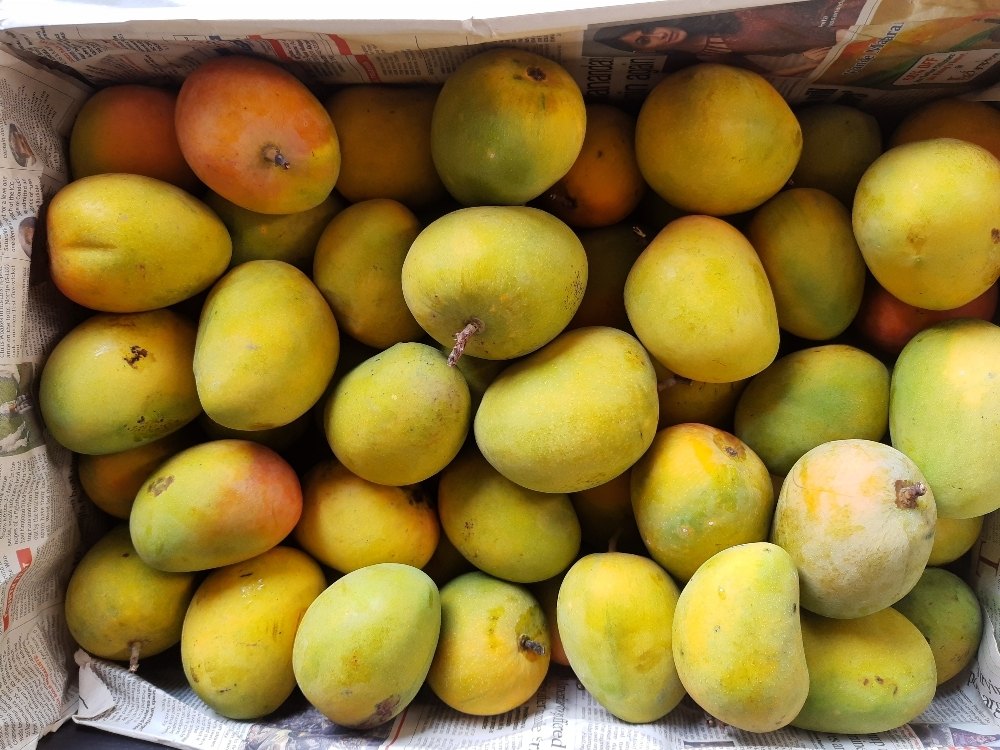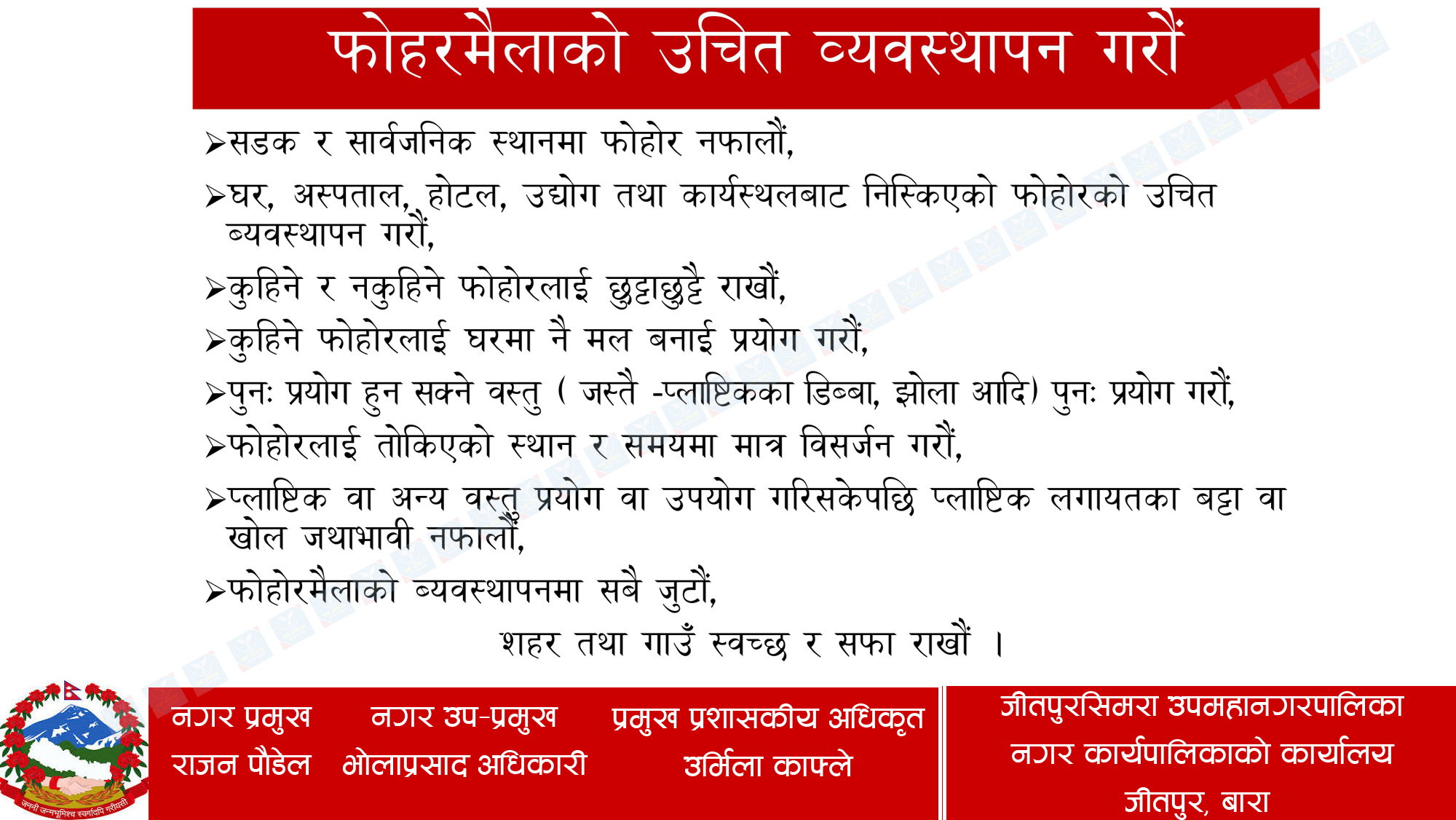Experts have advised consumers to be cautious about the quality of mangoes that appear in the market before their natural ripening season, as they may have been treated with chemicals.
Food technology and fruit quarantine experts have raised
alarms about the harmful effects of using chemical compounds like calcium
carbide to artificially ripen mangoes. The use of such chemicals is banned, but
they are still readily available in hardware stores and are often used to ripen
mangoes and bananas, according to Matina Joshi Vaidya, Director General of the
Department of Food Technology and Quality Control.
Mango cultivation covers nearly 50,000 hectares in Nepal, and
while naturally ripened mangoes are not yet in season, the ones currently
available in the market might be artificially ripened. Senior horticulture
development officer Surya Prasad Baral emphasizes the need for caution when
consuming these mangoes. He states that mangoes should naturally ripen by late
May, and the use of calcium carbide accelerates this process, which can have
adverse health effects.
Health Risks of Calcium Carbide
Calcium carbide can increase the risk of diabetes and cancer,
and it can affect the nervous and respiratory systems. To ensure consumer
safety, a system has been established to ripen fruits using smokehouses, which
are less harmful than using calcium carbide. Fruits are exposed to smoke for 24
hours and then left to ripen, which brings out the color and ripeness
naturally, explains Baral.
Mahesh Chandra Acharya, head of the Central Agricultural Laboratory, mentions that ethylene is another method used to ripen mangoes. While not as harmful as calcium carbide, it is still recommended to consume naturally ripened mangoes.
What should you keep in mind when eating artificially ripened mangoes?
Experts advise that the best practice is to consume naturally
ripened mangoes. If artificial ripening is suspected, consumers should soak the
mangoes in water for 24 hours to reduce the chemical impact. Using chlorine
water or salt water can also help mitigate the effects, and peeling the skin
before eating is advisable.
Mango Production in Nepal
Nepal produces approximately 513,000 metric tons of mangoes
on 52,449 hectares of land. However, this production does not meet the
country's demand, leading to significant imports from India. Mango farming is
prominent in 24 districts, with the highest production in Madhesh Province.
Different varieties of mangoes, including early, mid-season,
and hybrid types, are grown in Nepal. Trees aged five to six years can yield 20
to 30 mangoes, while older trees can produce thousands of fruits annually.
Regulatory Measures
To combat the misuse of calcium carbide, food inspectors can
take action against farmers and traders using this banned substance. Calcium
carbide, primarily used in steel production and metal cutting, releases
acetylene gas, which artificially ripens the fruits.
In summary, while the allure of early-season mangoes is
strong, consumers are urged to be cautious and opt for naturally ripened fruits
to avoid health risks associated with artificial ripening methods.











